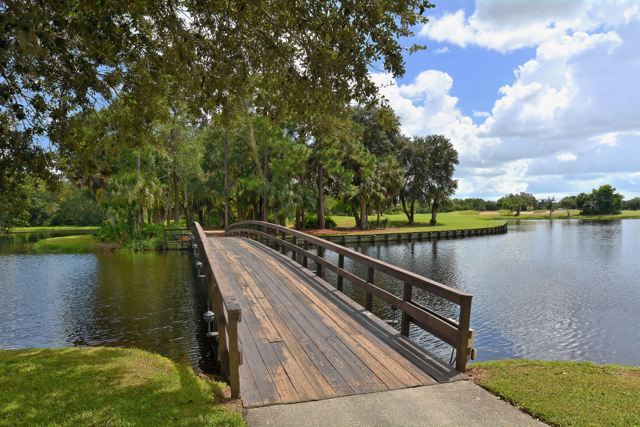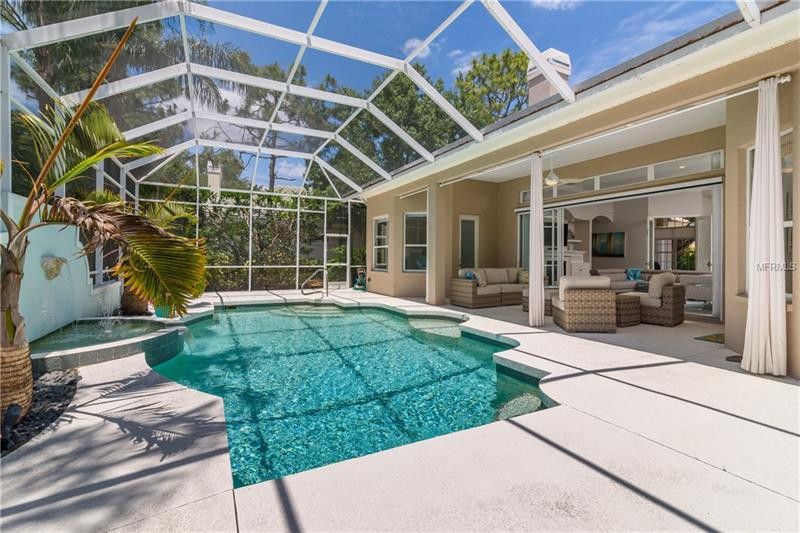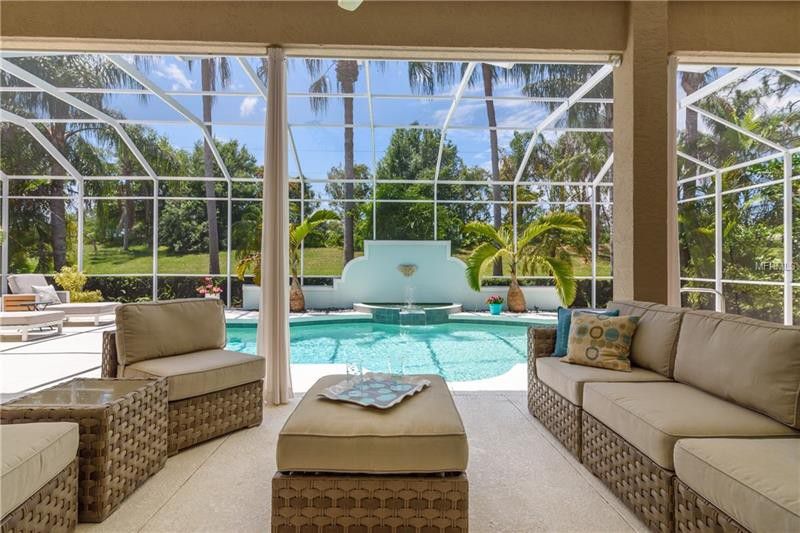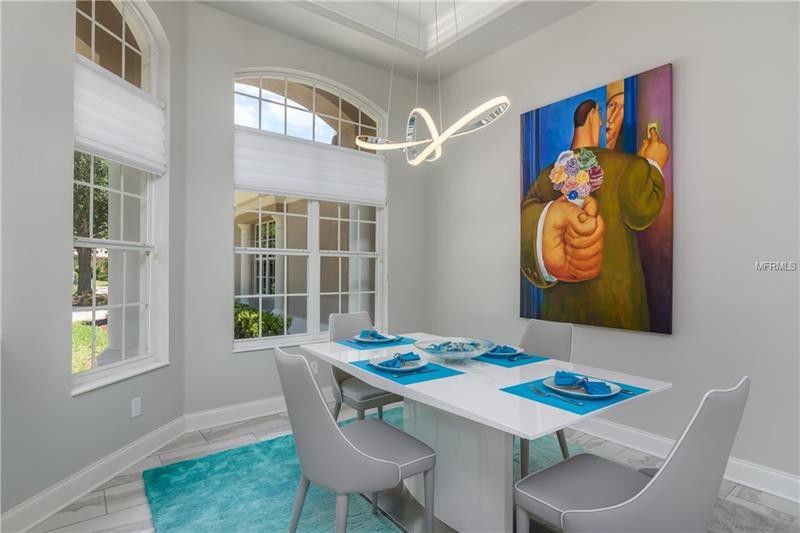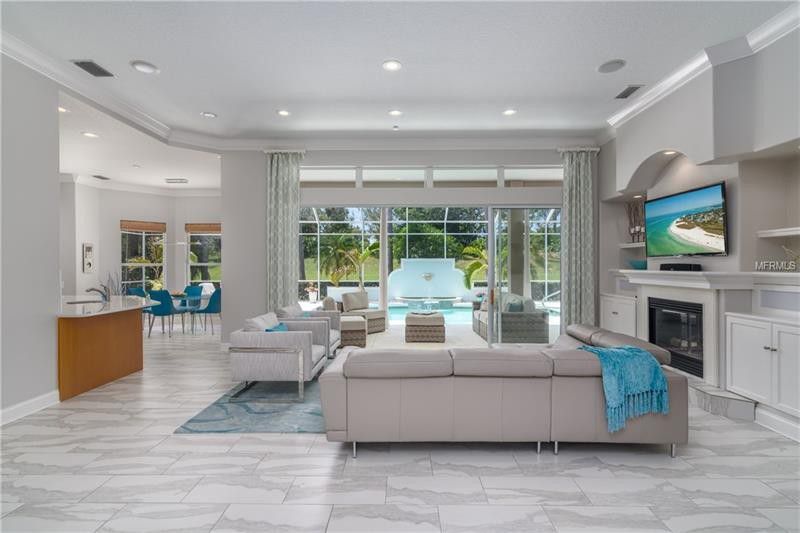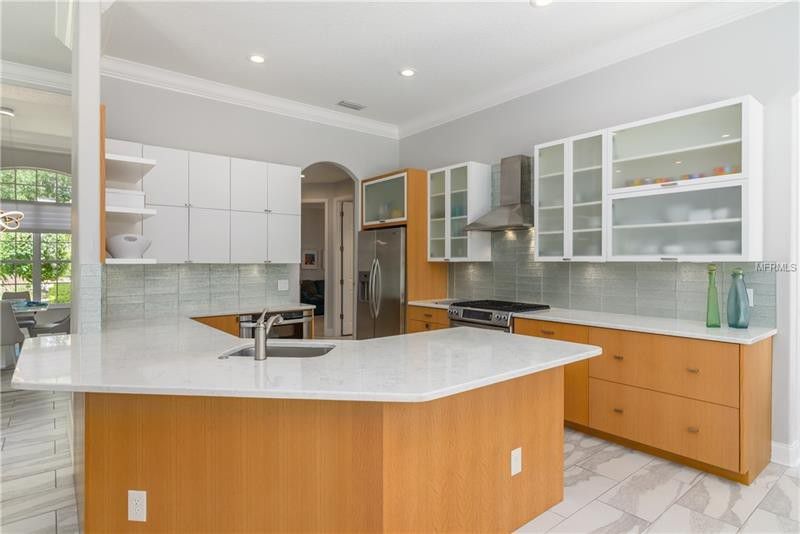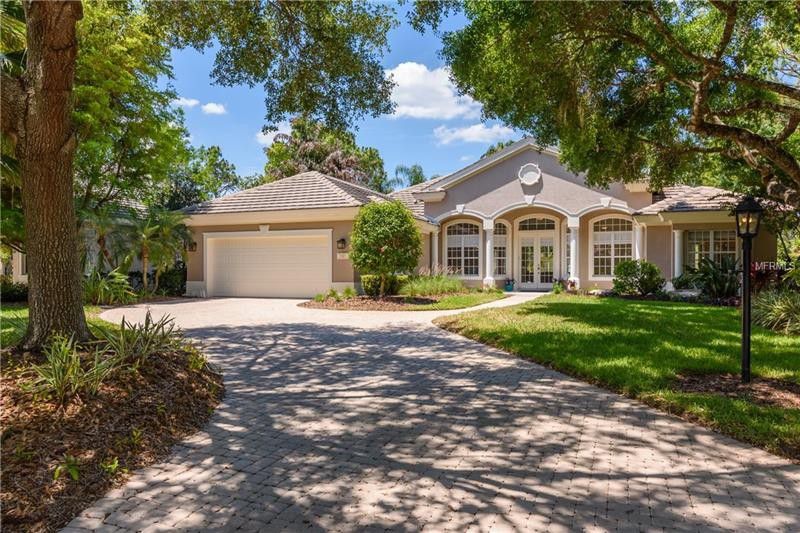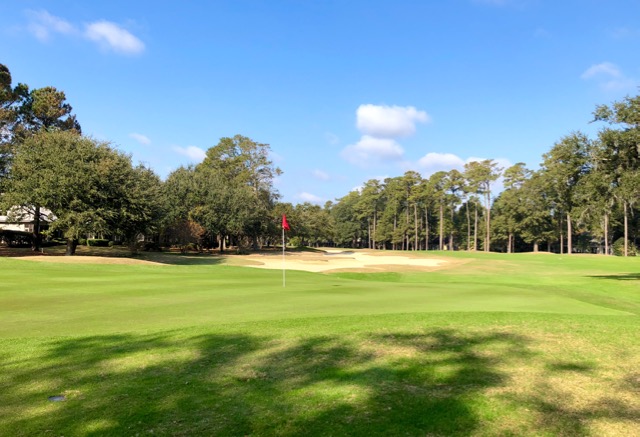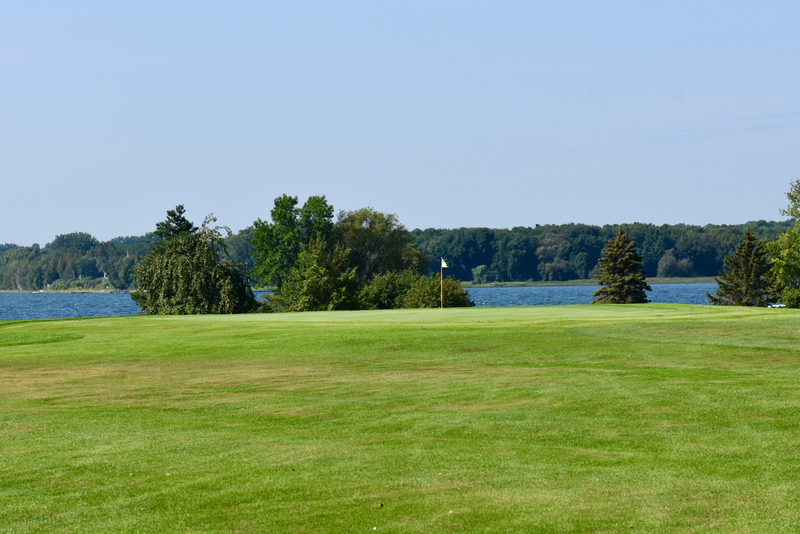If I had a choice of Florida towns in which to live, my first choice would be Sarasota. It has a lively downtown area, some of the finest beaches in America nearby, is not far from major league sports teams and provides a variety of excellent golf courses for year-round play.
A friend from Connecticut and his wife, both with excellent taste, have a beautiful home for sale inside the gates of University Park, which straddles the boundary between Sarasota and Manatee Counties, just a few miles from Sarasota. It is a former builder’s model and, therefore, has all the top design features necessary to attract discriminating couples. It was totally renovated a few years ago and, at 3 bedrooms and 3 baths, it is the perfect size for a couple looking for an easily maintained home with just enough space for family members and friends who will enjoy the occasional visit. (Careful, they may want to stay.)
The house is fully ready to welcome its new owners, with a 50-inch built in television and sound system with ceiling speakers in the spacious yet comfortable Great Room; and a gas heated swimming pool and natural gas 3 burner Weber Grill are all set for workouts and cookouts. Noted architect Ron Garl designed the 27-hole University Park golf course. For those looking to supplement their golf play, University Park offers 11 lighted Har-Tru tennis courts and a fully equipped and modern fitness center. We understand the food in the clubhouse is pretty darn good too.
There is much more to share, but rather than me prattle on, check out the photos below and then contact real estate professional Dennis Boyle, who knows the golf community scene in the Sarasota/Venice area better than anyone I have met. You can contact Dennis at (941) 400-5584 or by email at
The house in University Park is listed at $610,000.